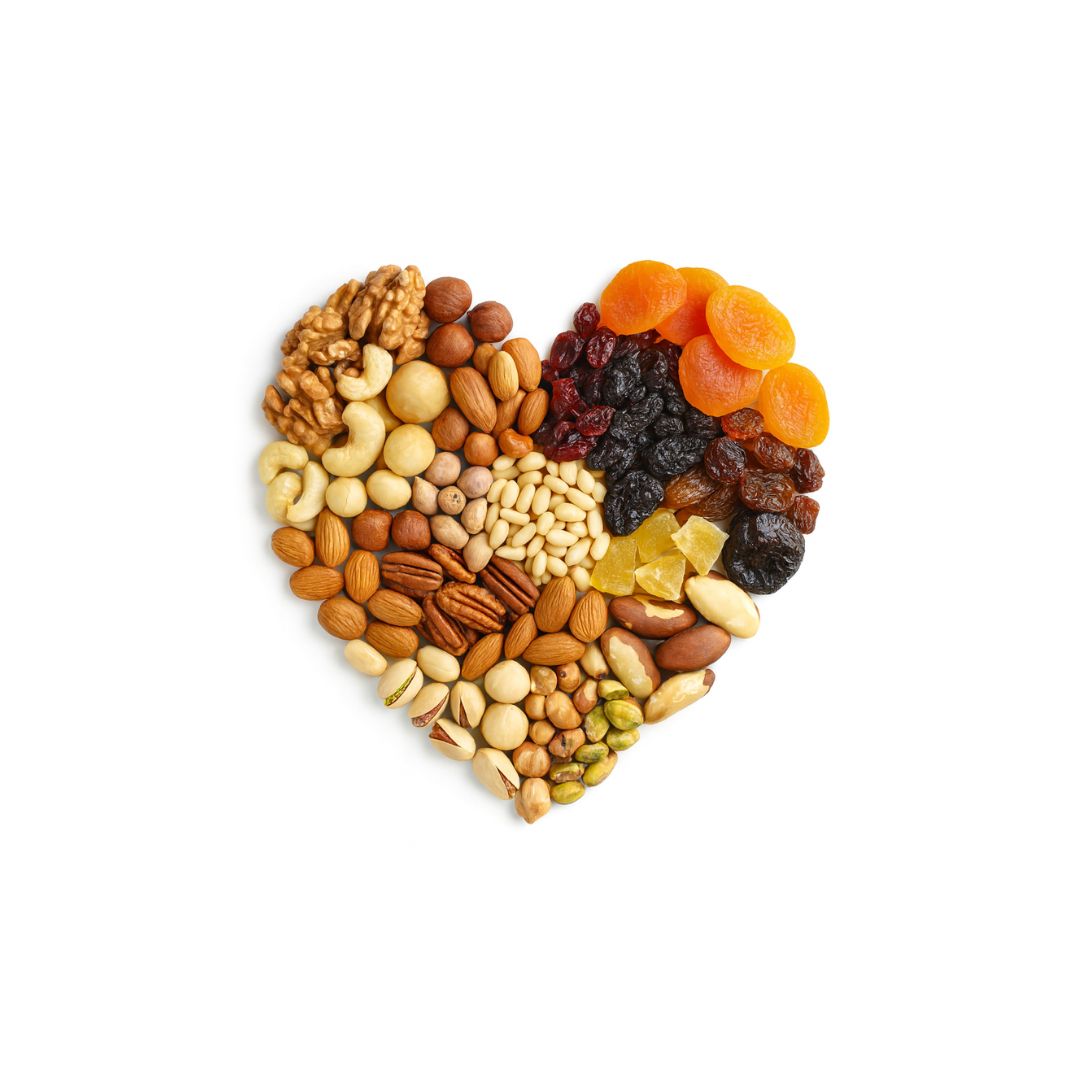
Healthy Snacking: Choosing Better Alternatives
Bikash PatelShare
Introduction
Snacking is part of our daily routines—whether it’s a quick office break, a midnight craving, or something to munch on while traveling. However, many popular snacks are loaded with refined sugars, excess salt, or unhealthy fats. Replacing them with healthier alternatives is a practical step toward long-term wellness.
Why Rethink Snacking?
Unhealthy snacking contributes to weight gain, sluggishness, and lifestyle diseases like diabetes and hypertension. On the other hand, choosing nutrient-dense snacks can keep your energy levels steady, improve concentration, and help you avoid overeating at main meals.
What to Look for in Healthy Snacks
When selecting snacks, consider:
-
Protein and fiber: These keep you full for longer and prevent unnecessary cravings.
-
Low added sugar: Natural sweetness from fruits and dry fruits is better than refined sugar.
-
Healthy fats: Nuts and seeds provide good fats that support heart health.
-
Micronutrients: Snacks rich in vitamins and minerals add value to your diet beyond calories.
Examples of Healthy Alternatives
-
A handful of nuts or seeds instead of fried chips.
-
Fresh or dried fruits instead of sugar-laden sweets.
-
Air-popped popcorn instead of butter popcorn.
-
Whole-grain crackers with hummus instead of creamy dips with refined snacks.
-
Yogurt with berries instead of packaged desserts.
Mindful Snacking Tips
-
Portion control: Even healthy snacks can be high in calories.
-
Plan ahead: Carry small packs of healthy snacks to avoid resorting to junk food.
-
Stay hydrated: Sometimes thirst is mistaken for hunger.
Conclusion
Snacking doesn’t have to be unhealthy. By making mindful choices, you can turn snack time into an opportunity to fuel your body with the nutrients it needs, keeping you energized and healthy throughout the day.
